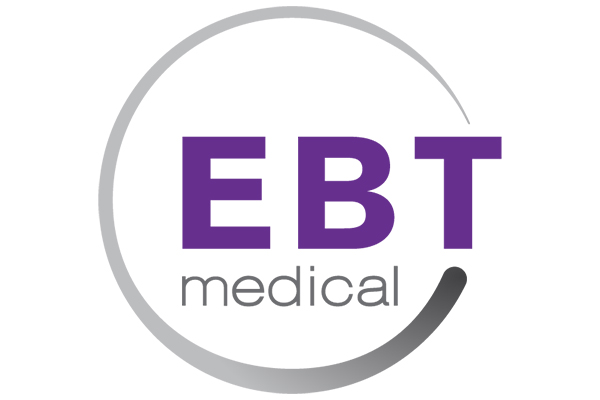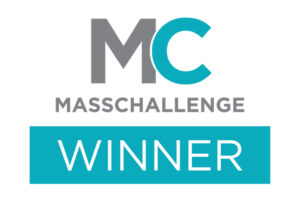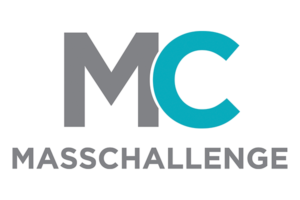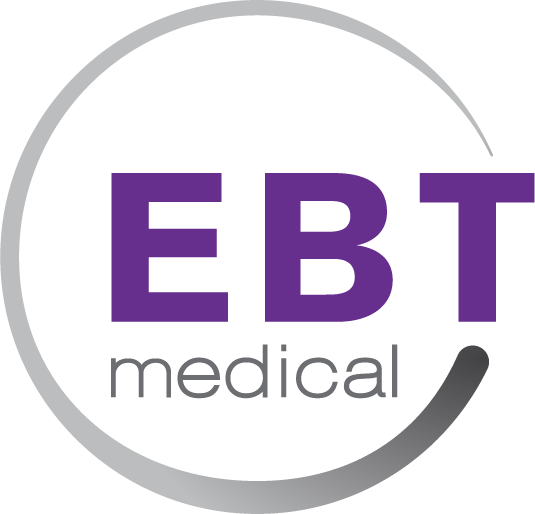Company wins funding from world-class venture capital sources for its disruptive noninvasive electrical neuromodulation therapy aimed at treating overactive bladder (OAB)
Toronto, Ontario – November 18, 2019 – EBT Medical, Inc. (“EBT”), a clinical-stage startup developing disruptive neuromodulation therapies for pelvic health disorders, recently secured a USD$10M Series A investment, co-led by two top-tier venture capital firms, SV Health Investors and Genesys Capital.
EBT intends to use the funding to further develop its revolutionary noninvasive neuromodulation technology, as well as to pursue additional clinical data validating its safety and effectiveness. Funding will also be used to expand the management team and for general administrative purposes.
“Having SV and Genesys on board is an extremely important step as EBT enters a new phase of growth,” said Keith R. Carlton, CEO of EBT. “With their substantial expertise and investment, we will significantly accelerate our efforts to perfect our noninvasive technology, starting with overactive bladder.”
EBT is pursuing a new noninvasive approach to treating overactive bladder (OAB), which affects nearly 550M patients worldwide1. EBT’s differentiated approach centers on a new stimulation target—the Saphenous nerve—which can be stimulated noninvasively. Preliminary data suggests similar efficacy to drugs and invasive therapies, but with significantly reduced risk and side effects.
“We are excited to be co-leading EBT’s Series A investment alongside Genesys Capital,” said Greg Madden, Partner at SV Health. “We believe EBT’s patented Saphenous nerve approach is a potential game-changer, enabling the first at-home, noninvasive neuromodulation therapy for OAB. OAB is a massive market with large unmet needs: drugs have dangerous side effects, Botox® requires invasive bladder injections, and existing neuromodulation therapies are also highly invasive, involving spinal implants and needles.”
Prior to this Series A, EBT has received substantial support and funding from the following: AGE-WELL (https://agewell-nce.ca/), the Canadian Institutes of Health Research (http://www.cihr-irsc.gc.ca/), the Global Center for Health Innovation (https://mcic.bioenterprise.com/), the Natural Sciences and Engineering Research Council of Canada (https://www.nserc-crsng.gc.ca/), Toronto Innovation Acceleration Partners (https://tiap.ca/), the Innovations & Partnerships Office at the University of Toronto (http://www.research.utoronto.ca/industry-and-partners/commercialization-at-u-of-t/), the University of Toronto Early Stage Technology (UTEST) Program (http://utest.to/), and the Connaught Fund at the University of Toronto (http://connaught.research.utoronto.ca/). EBT also won the Diamond Prize in the MassChallenge startup competition in late 2018 (https://masschallenge.org/).
About EBT Medical
EBT Medical was founded in 2014 based on scientific discoveries made at the University of Toronto with a mission to develop novel neuromodulation technologies that restore control, dignity and independence to those silently suffering from pelvic floor disorders. EBT’s first product is a clinical-grade, noninvasive neurostimulator and associated ecosystem for overactive bladder (OAB). EBT has a significant patent estate around multiple neuromodulation technologies including issued patents on the Saphenous nerve for all pelvic health indications. EBT’s management team and world-class advisory board have decades of relevant experience in pelvic health, neuromodulation, and consumer health. Learn more about EBT Medical at www.ebtmedical.com
About Genesys Capital
Based in Toronto, Genesys Capital is focused on helping North American entrepreneurs build in companies in the high-growth sectors of healthcare and biotechnology. Through its expertise and network, Genesys accelerates the development of commercially viable emerging companies that represent promising life science investment opportunities. Genesys has invested in over 35 early stage biotechnology and medical technology companies including: Affinium Pharmaceuticals (acquired by Debiopharm), Aptinyx (NASDAQ: APTX), Epocal (Acquired by Alere), Invitae (NYSE: NVTA), Ionalytics (acquired by Thermo-Fisher), Naurex (acquired by Allergan), Profound Medical (NASDAQ: PROF). www.genesyscapital.com
About SV Health Investors
SV Health Investors is a global leader in healthcare and life sciences investing with offices in Boston and London. The SV team has been investing in the United States and Europe for more than 25 years and is currently managing $2.2 billion of assets exclusively on healthcare including: healthcare services and IT, biotechnology and medical device. Notable prior medical device investments include: Aquesys (acquired by Allergan), Entellus Medical (acquired by Stryker), LenSx Lasers (acquired by Alcon) and Sadra Medical (acquired by Boston Scientific). www.svhealthinvestors.com
About MassChallenge
MassChallenge is a global network of zero-equity startup accelerators. Headquartered in the United States with locations in Boston, Israel, Mexico, Rhode Island, Switzerland, and Texas, MassChallenge is committed to strengthening the global innovation ecosystem by supporting high-potential early stage startups across all industries, from anywhere in the world. To date, more than 1,500 MassChallenge alumni have raised more than $3 billion in funding, generated over $2 billion in revenue, and created over 80,000 total jobs. Learn more about MassChallenge at masschallenge.org
About Overactive Bladder and Neuromodulation
Overactive bladder is a disabling syndrome affecting nearly 550M worldwide2. It is characterized by frequent, sudden, uncontrollable urges to void, often followed by incontinence episodes that are embarrassing and significantly impede activities of daily living. The major symptom of OAB, Urge Urinary Incontinence (UUI), is thought to be caused by over-signaling to & from the bladder and the pontine micturition center located in the brain stem. Over 50%3 of those with OAB remain undiagnosed and silently suffer, with marked increases in depression, anxiety, sleeplessness due to nocturia (waking to void), and social isolation. The economic impact of OAB in the United States was estimated at $76B including direct costs and indirect costs such as increased urinary tract infections, falls from running to the bathroom, and absenteeism3. Neuromodulation has been an established therapy for UUI since it was first approved in 1997.
Keith R Carlton
Chief Executive Officer
[email protected]
Disclaimer
Certain information set forth in this press release contains “forward-looking information”, including “future oriented financial information” and “financial outlook”, under applicable securities laws (collectively referred to herein as forward-looking statements). Except for statements of historical fact, information contained herein constitutes forward-looking statements. Forward-looking statements are provided to allow potential investors the opportunity to understand management’s beliefs and opinions in respect of the future so that they may use such beliefs and opinions as one factor in evaluating an investment.
These statements are not guarantees of future performance and undue reliance should not be placed on them. Such forward-looking statements necessarily involve known and unknown risks and uncertainties, which may cause actual performance and financial results in future periods to differ materially from any projections of future performance or result expressed or implied by such forward-looking statements.
Although forward-looking statements contained in this presentation are based upon what management of EBT Medical believes are reasonable assumptions, there can be no assurance that forward-looking statements will prove to be accurate, as actual results and future events could differ materially from those anticipated in such statements. EBT Medical undertakes no obligation to update forward-looking statements if circumstances or management’s estimates or opinions should change except as required by applicable securities laws. The reader is cautioned not to place undue reliance on forward-looking statements.
1 546M affected individuals in 2018. Filipetto et al.: The patient perspective on overactive bladder: a mixed-methods needs assessment. BMC Family Practice 2014 15:96.
2 Ibid.
3 Ibid.
4$76B in 2015. J Manag Care Pharm. 2014 Feb;20(2):130-40. “Economic burden of urgency urinary incontinence in the United States: a systematic review.”








